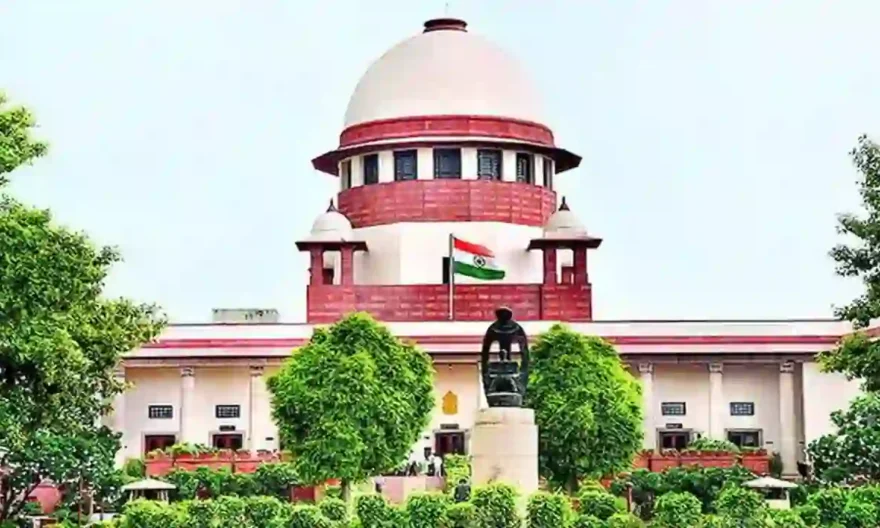
The Supreme Court has recently acquitted four men convicted in a 1989 murder case, ruling that it was a total police set-up and that the entire prosecution case could have been fabricated.
A bench of Justices BR Gavai, Vikram Nath, and Sanjay Karol ruled that the proof against the accused was unreliable, and that the police may have killed the deceased accidentally while attempting to arrest him.
The bench stated that the police fabricated the case against the accused after learning about the deceased’s previous enmity and the accused in order to cover up the same.
The Apex Court’s ruling came in response to an appeal challenging a 2015 Gauhati High Court decision affirming the accused-appellants’ conviction and life sentence by the trial court.
On June 13, 1989, the accused were guilty of the murder of Pradip Phukan.
In its decision, the Supreme Court stated, “Even the scribe of the FIR has not been produced, nor have the signatures been proven. It’s entirely conceivable that the police staged the whole thing. They committed the murder while arresting the deceased and, knowing the enmity between the two groups, made up a false case against the accused.”
The bench also stated that this would explain the presence of police personnel throughout the incident, including at the scene, during the time when the alleged murder happened.
In acquitting the accused, the Supreme Court stated that no explanation for the presence of police employee at Chabua Police Station throughout the incident had been presented.
The Supreme Court observed that the versions of different eyewitnesses differed.
“The appellants are entitled to the benefit of the doubt. As a result, the appeal is accordingly allowed. The verdict and sentence have been overturned. The appellants are set at liberty forthwith,” the bench said.
The trial and High courts convicted eleven people under Indian Penal Code (IPC) Sections 147 (rioting), 148 (rioting armed with deadly weapons), 447 (criminal trespass), 323 (hurt), 302 (murder), and 149 (unlawful gathering).
Only four of the convicts, however, approached the Supreme Court by filing an appeal against the high court’s decision.




